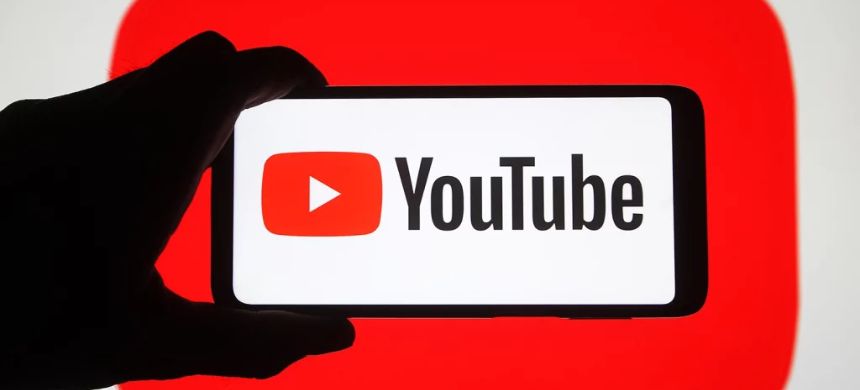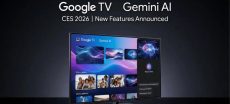YouTube has revised its monetisation policy, but experts believe the changes aren’t as alarming as some online users suggest
The platform announced a small but significant change to its “reused content” guidelines, which are now renamed “inauthentic content.” This update aims to clarify what qualifies as overly edited or duplicated material that doesn’t meet monetisation standards.
Talha Labib, a digital marketing expert managing multiple YouTube channels, said the update is being overhyped. “The type of content YouTube wants to restrict was already ineligible for monetisation. YouTube has always promoted originality,” she noted.
She added that concerns over the update limiting monetisation are largely unfounded, explaining that the platform already penalises accounts spreading fake news or using inappropriate content. “It’ll just make people more mindful of what they upload,” she said.
YouTube outlined the updated policy in a Help page post dated July 15, 2025, stating the goal is to more clearly identify low-effort, repetitive content that doesn’t qualify for monetisation—even if similar policies were already in place.
Anusha Asif, a digital content specialist, highlighted that many creators use clips from other videos or creators. These types of channels may no longer qualify for monetisation. However, she also warned that even original channels could be affected if their content is widely reused or mass-distributed, potentially leading to account strikes or bans.
While Labib believes original creators can appeal and recover their channels, Anusha pointed out that regaining lost rankings could take time even after restoration.
Initial reactions to the update included fears that YouTube would demonetise all repetitive AI-generated videos, often referred to as “AI slop.” These are mass-produced clips, usually indistinguishable from others, and frequently reposted by different channels.
Labib clarified that AI-generated content isn’t outright banned, but deepfakes or misleading material will be targeted. He advised creators to be transparent about AI usage to avoid penalties.
Tech analyst Shahrukh Malik supported the restrictions as a viewer, saying AI videos had become excessive. However, he expressed concern as a creator, noting that many relied on such content for revenue. He warned that the move may spark a cat-and-mouse game between creators trying to bypass restrictions and YouTube tightening its enforcement.
Read more: YouTube Celebrates 20 Years of Revolutionizing Digital Content











